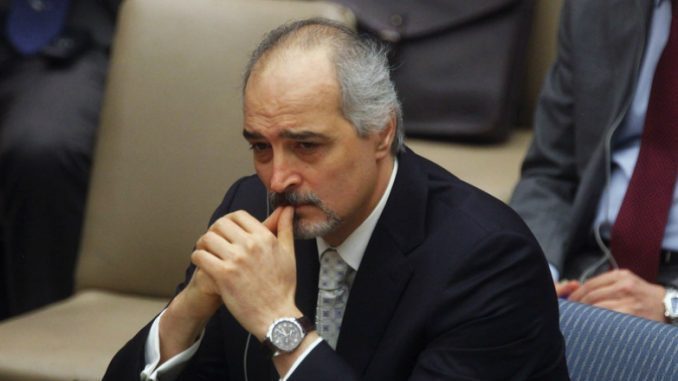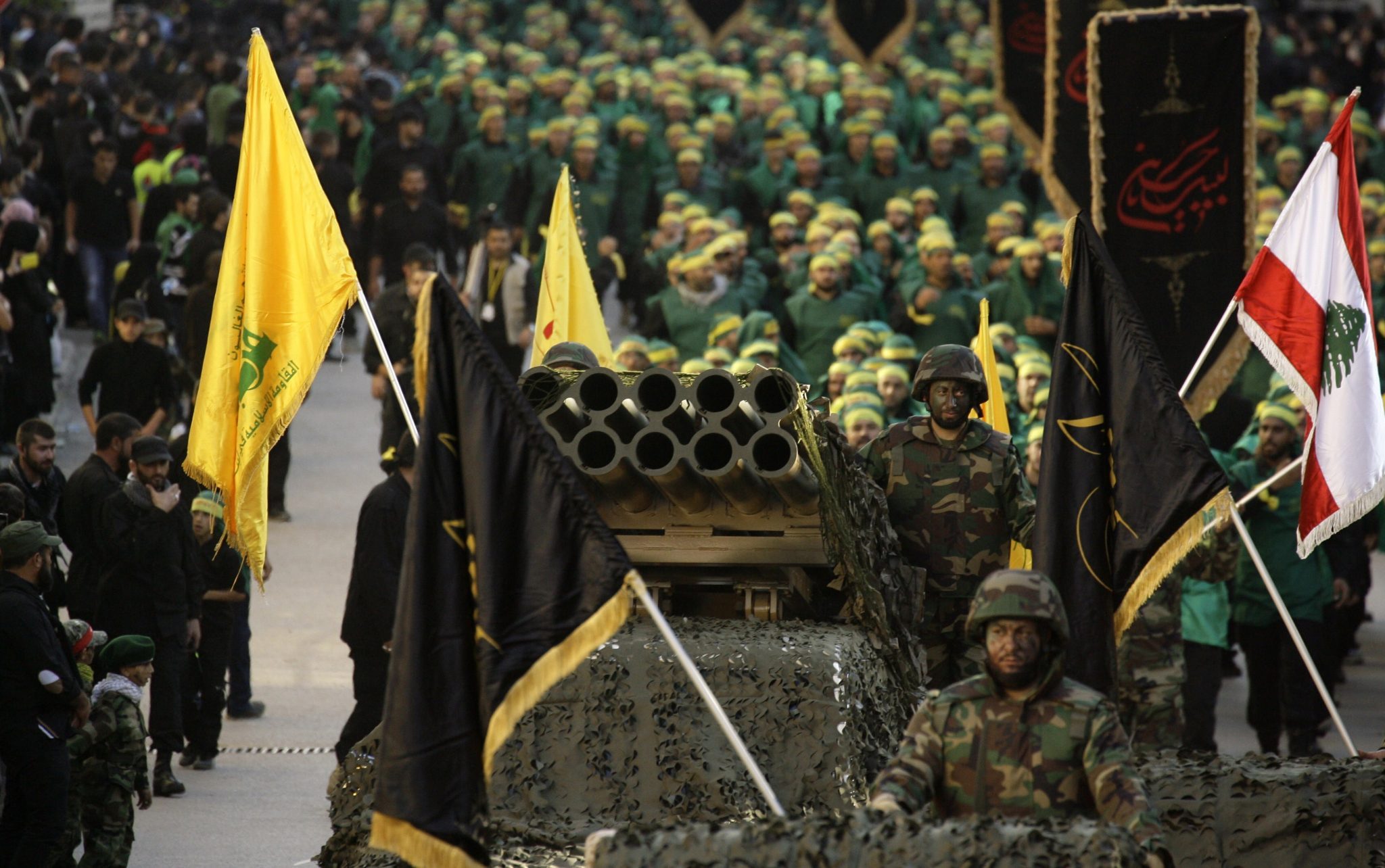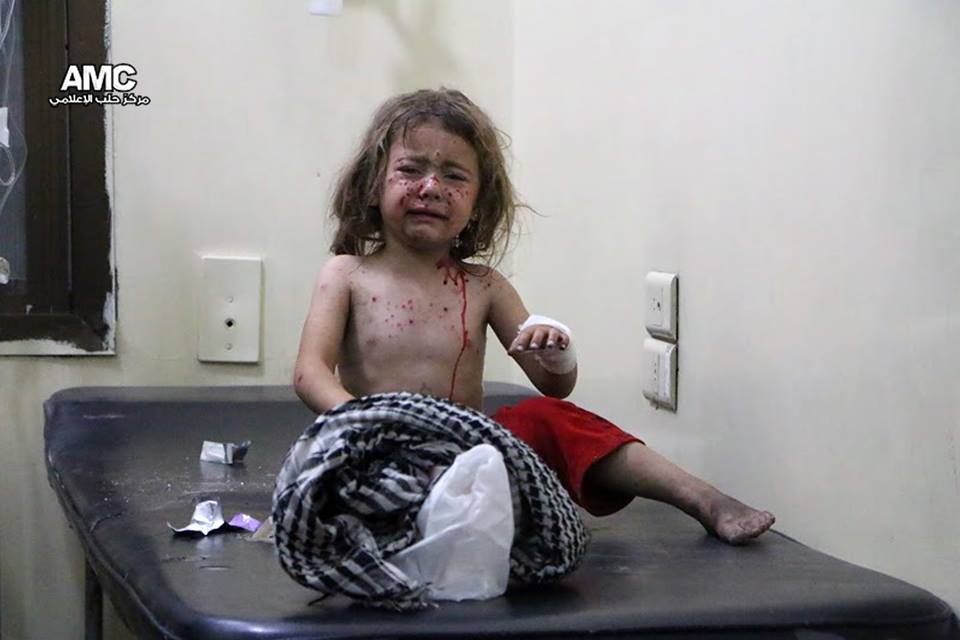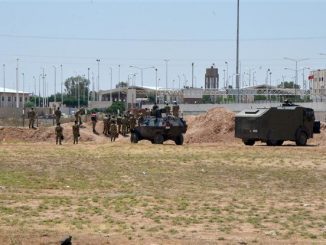
The Assad regime has worked hard, using its representative, to undermine every political effort to end the war in Syria through making disputes with the opposition side and refusing any solution that includes them. However, Assad regime was forced to change this tone in Astana meeting.
Many ceasefire agreements accompanied by peace talks meetings were organized to help find a solution to the crisis in Syria, but Assad regime and Iranian forces breached every ceasefire and hindered every peace talks meeting using its representative’s games without any pressure moves or real steps from the western powers.
The recent months especially witnessed numerous meetings between the US and Russian foreign ministers to find a solution to the Syria crisis, end the violence and start new peace talks but they led to nothing.
In the end, Russia wanted a political solution that ends the rift in Syria and secures the future of the country, according to analysts. Russia said it has a new plan for Syria peace talks which can be achieved with powers that have a real effect on the Syrian ground after its forces backed Assad regime to achieve many victories against the opposition and tilted the tide of war in his favor.
Russia, Iran, and Turkey said they were ready to help broker a Syria peace deal
Russian President Vladimir Putin said then that that Syrian opposition groups and the Syrian government had signed a number of documents including a ceasefire deal that will be guaranteed by Turkey and Russia.
The documents include a ceasefire agreement between the Syrian government and the opposition, measures to monitor the ceasefire deal and a statement on the readiness to start peace talks to settle the Syrian crisis, Putin said.
The ceasefire went into effect on December 29, and the peace talks were launched on January 23 in Kazakhstan’s capital, Astana.
Assad regime and the speech wars
Assad regime has always used Bashar al-Jaafari as its representative to the international meetings. Al-Jaafari has always used lies and frauds to hinder all the diplomatic efforts in Geneva and UN councils.
Al-Jafari didn’t change his methods in Astana meeting, as he started with attacking Turkey and criticized its role in the peace talks.
”The Turkish side is not a party in the talks. The meeting is a Syrian-Syrian dialogue without foreign interference or preconditions except for the common denominators that we talked about and which are supposed to be included in the agenda,” said al-Jaafari.
He stressed that Turkey keeps violating the “Syrian sovereignty, supports the terrorist organizations and hinders peaceful solution.”
In addition, Jaafari referred to the rebel delegation as representatives of “terrorist armed groups” who are backed by and they get orders from countries like Turkey, Saudi Arabia, Qatar, United States, Britain, and France, and that the opposition groups were just “trying to undermine and sabotage the Astana meetings”.
He also accused the opposition of “misinterpreting” the tenets of the truce, saying the “provocative tone and lack of seriousness in the opposition delegation chief’s speech” had “irritated the attendees’ diplomatic senses and experience”.
It is not the first time that Jaafari uses this language, as he has always branded all opposition groups, both political and armed, as terrorists and said he will not have any speech with the opposition representative Mohammed Alloush until the latter “shaves his beard.”
The change in tone
The second day of the peace talks witnessed a joint statement by Russia, Iran, and Turkey. The statement was about finding a political solution to the Syrian crisis through the participation of all parts, including the opposition, and halting the military operations in the country.
“We reaffirm our commitment to the sovereignty, independence, unity and territorial integrity of the Syrian Arab Republic as a multi-ethnic, multi-religious, non-sectarian and democratic State, as confirmed by the UN Security Council,” said the statement.
“We express our conviction that there is no military solution to the Syrian conflict and that it can only be solved through a political process based on the implementation of the UN Security Council resolution 2254 in its entirety,” the statement added.
The three powers also said they supported the willingness of the armed opposition groups to participate in the Geneva talks and that they were committed to “minimising violence, building confidence, ensuring humanitarian access, protection and free movement of civilians.”
This statement resembled a direct hint from Russia to the Assad regime about its new strategy in Syria. According to analysts, Russia isn’t interested in the military solution any more and wants to end the crisis in a way the keeps Syria as a strong and unified country. Therefore, the regime’s speech has changed entirely after this statement due to Russian pressure and Jaafari no longer used the term terrorists to describe the opposition.
Jaafari said that the meeting succeeded in achieving the goal of consolidating the cessation of hostilities for a specific period of time, which would pave the way for dialogue among the Syrians.
“We worked over the last two days painstakingly around the clock to make this meeting a success, and we did everything we could to remove the obstructions. Therefore, we believe that Astana meeting succeeded in achieving the goal of consolidating the cessation of hostilities for a specific period of time, which would pave the way for dialogue among the Syrians,”
“We assess the recent negotiations positively. All the efforts, which are directed to the benefit of the Syrian people and the government in the fight against terrorism, are fruitful, and we are grateful for them,” he added.
The Syrian crisis began as a peaceful demonstration against the injustice in Syria. Assad regime used to fire power and violence against the civilians and led to armed resistance. 450.000 Syrians lost their lives in the past five years according to UN estimates, and more than 12 million have lost their homes.



